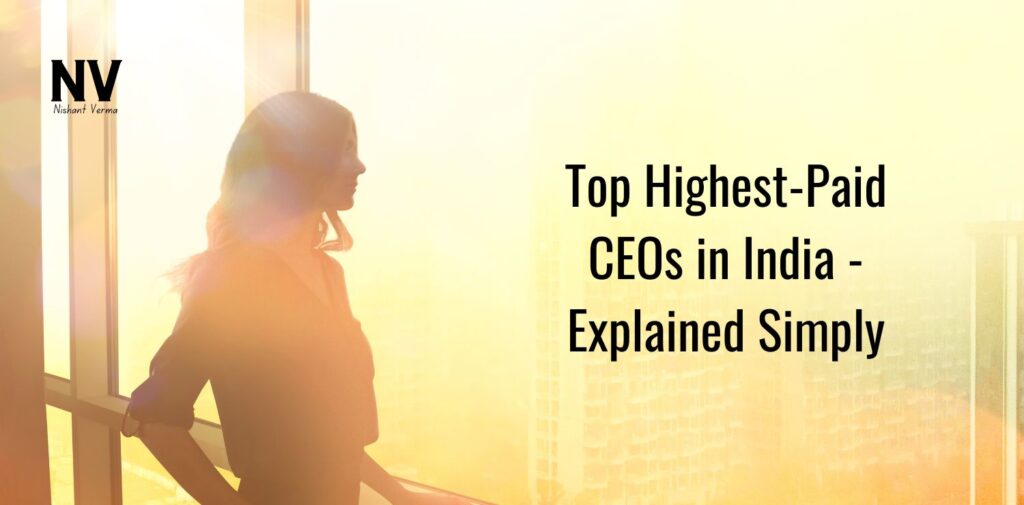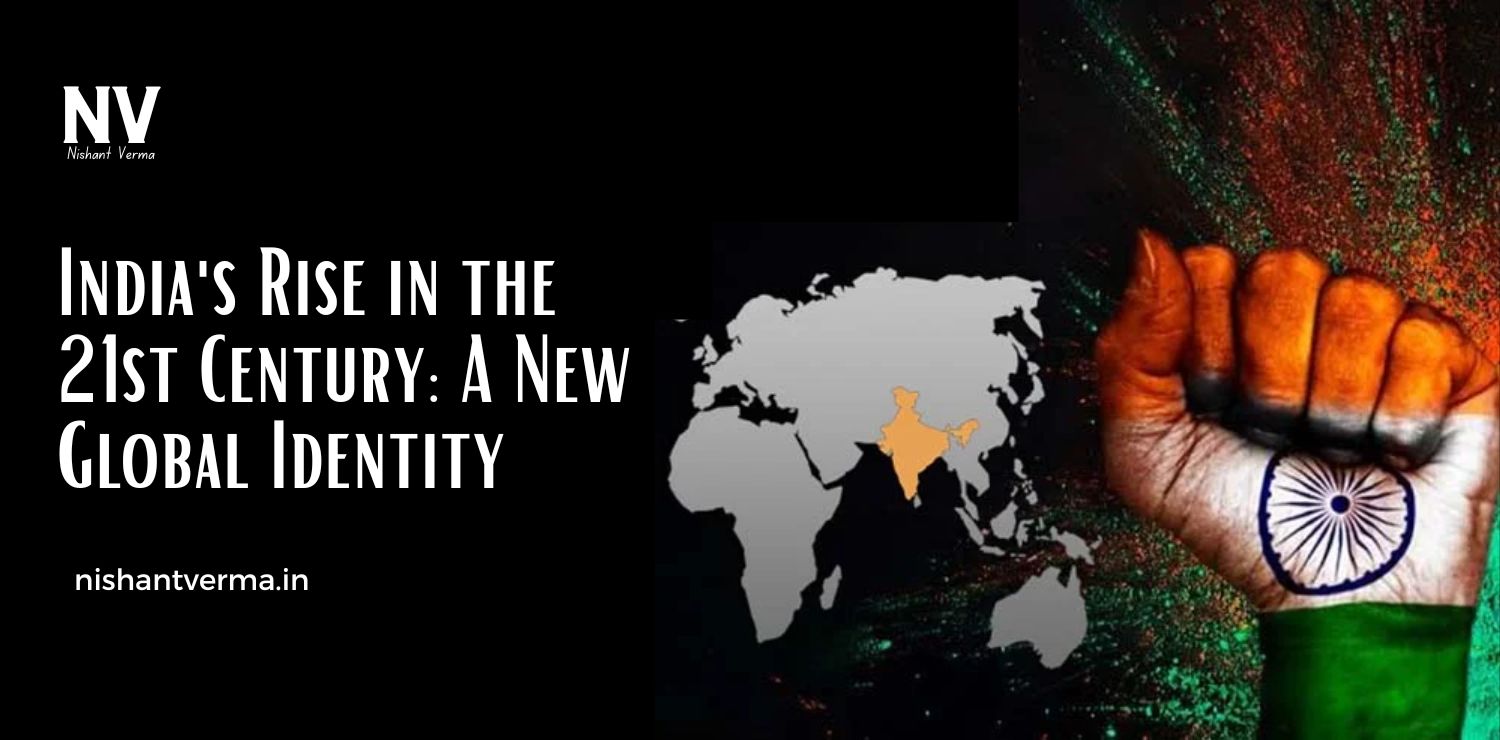In this article, we’ll take a closer look at the top highest-paid CEOs in India. CEOs, which stands for Chief Executive Officers, are the leaders of big companies. They play a crucial role in making important decisions for their companies and, in return, are compensated with handsome salaries. We’ll explore the details of their earnings, their companies, and what they do.
What is a CEO?
A CEO, or Chief Executive Officer, is like the captain of a ship. They are the top leaders of a company and are responsible for making important decisions to steer the company in the right direction. They manage the company’s operations, set its strategy, and are accountable for its success or failure.
CEO Compensation:
CEOs are well compensated for their responsibilities. Their pay usually consists of a base salary, bonuses, stock options, and other benefits. The total compensation is often measured in crores, which is a unit of currency in India. One crore is equal to ten million rupees.
How CEO Pay is Determined:
CEO pay is determined by various factors, including the company’s size, its financial performance, and the industry it operates in. CEOs’ pay is also influenced by market trends and negotiations between the CEO and the company’s board of directors.
The Top Highest-Paid CEOs in India:
Now, let’s dive into the list of the top highest-paid CEOs in India. We’ll explore each CEO, their company, and how much they earned in the latest available data.
Mukesh Ambani – Reliance Industries Limited:
Mukesh Ambani is the Chairman and Managing Director of Reliance Industries, one of India’s largest conglomerates. He’s known for his strategic vision and has led Reliance to become a major player in industries like oil, telecommunications, and retail. In the last data available, he earned a staggering amount, making him one of the highest-paid CEOs in India.

Uday Kotak – Kotak Mahindra Bank:
Uday Kotak is the Managing Director and highest-paid CEO in India of Kotak Mahindra Bank. Under his leadership, the bank has grown significantly and has a strong presence in the Indian banking industry. Kotak’s compensation reflects his role in steering the bank to success.

Kumar Mangalam Birla – Aditya Birla Group:
Kumar Mangalam Birla is the Chairman of the Aditya Birla Group, a conglomerate with interests in various industries like metals, cement, telecommunications, and more. Birla’s leadership and strategic decisions have contributed to the group’s growth and profitability.

CP Gurnani – Tech Mahindra:
CP Gurnani is the Managing Director and CEO of Tech Mahindra, an IT services company. Tech Mahindra provides services in areas like telecom, finance, and healthcare. Gurnani’s leadership has played a significant role in the company’s success, and his compensation reflects that.
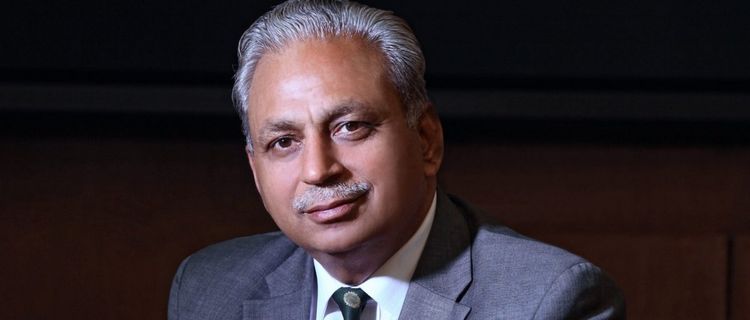
Salil Parekh – Infosys:
Salil Parekh is the CEO and Managing Director of Infosys, one of India’s leading IT services companies. Under his leadership, Infosys has continued to expand its global presence and is known for its technological innovations. Parekh’s earnings reflect his role in the company’s growth.
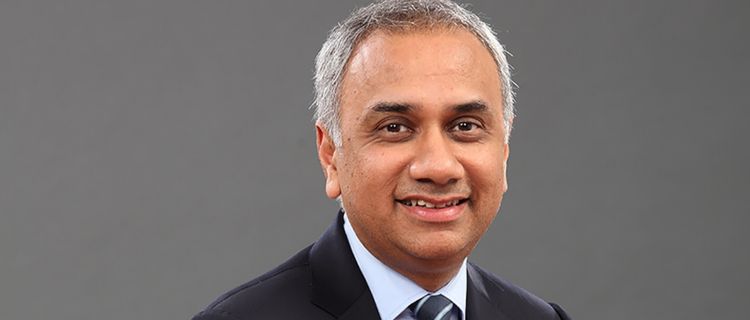
Azim Premji – Wipro:
Azim Premji is a well-known figure in the Indian business world. He is the Chairman of Wipro, an IT services company. While he is not the CEO, his leadership and contributions have been significant, and he has been rewarded accordingly.
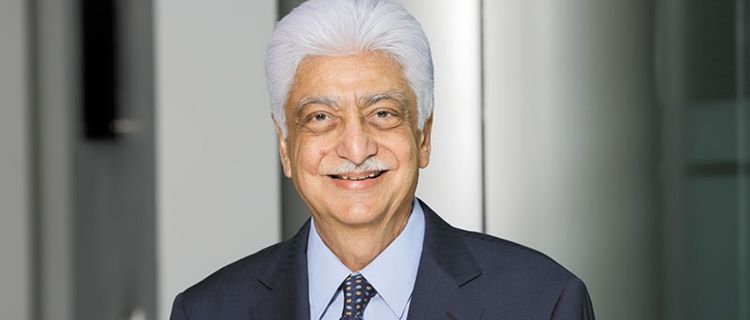
C.P. Gurnani – Tech Mahindra:
C.P. Gurnani is another high-earning CEO in the IT sector. He is the Managing Director and CEO of Tech Mahindra, which provides IT and networking technology solutions. Gurnani’s leadership has driven the company’s growth and profitability, contributing to his substantial compensation.
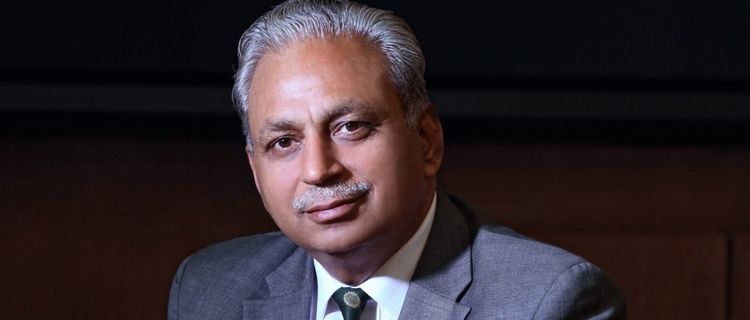
Natarajan Chandrasekaran – Tata Sons:
Natarajan Chandrasekaran, also known as N. Chandrasekaran, is not only the CEO of TCS but also the Chairman of Tata Sons, the holding company of the Tata Group. His leadership at Tata Sons, along with his role at TCS, has resulted in a substantial compensation package.

Pallav Singh – Mahindra & Mahindra:
Pallav Singh is the CEO and Managing Director of Mahindra & Mahindra, a prominent automobile and tractor manufacturer in India. His contributions to the company’s growth and success have earned him a place among the top-earning CEOs in the country.

How Much Do They Earn?
The earnings of these top CEOs can be mind-boggling. They earn in crores and sometimes even in hundreds of crores. It’s important to note that their pay may consist of a combination of base salary, bonuses, stock options, and other benefits. Let’s take a closer look at the earnings of some of these top highest-paid CEOs in India:
Mukesh Ambani – Reliance Industries Limited:
Mukesh Ambani’s earnings are among the highest in the country. In the latest data available, he earned over INR 15 crores. However, this figure doesn’t include the dividends and profits he receives from his significant ownership in Reliance Industries.
N. Chandrasekaran – Tata Consultancy Services (TCS):
N. Chandrasekaran, the head of TCS, is known to earn an impressive salary. In the most recent data, his compensation was estimated to be over INR 60 crores.
Uday Kotak – Kotak Mahindra Bank:
Uday Kotak, the CEO of Kotak Mahindra Bank, also receives a substantial compensation package. His earnings in the latest data exceeded INR 6 crores.
Kumar Mangalam Birla – Aditya Birla Group:
Kumar Mangalam Birla, the Chairman of the Aditya Birla Group, earned an estimated INR 21 crores in the last available data.
CP Gurnani – Tech Mahindra:
CP Gurnani, the head of Tech Mahindra, earned around INR 14 crores in the most recent data.
Salil Parekh – Infosys:
Salil Parekh, the CEO of Infosys, received a substantial compensation package, with earnings exceeding INR 24 crores in the latest data.
Azim Premji – Wipro:
Azim Premji, the Chairman of Wipro, is a significant figure in the Indian business world. His earnings are not in the form of a typical CEO salary but rather come from his ownership stake in Wipro. As of the last data available, his net worth was estimated to be over USD 20 billion.
C.P. Gurnani – Tech Mahindra:
C.P. Gurnani, the CEO of Tech Mahindra, earned a significant salary of around INR 150 crores in the latest data.
Natarajan Chandrasekaran – Tata Sons:
Natarajan Chandrasekaran, as the Chairman of Tata Sons and CEO of TCS, received substantial compensation, which is estimated to be over INR 58 crores.
Pallav Singh – Mahindra & Mahindra:
Pallav Singh, the CEO of Mahindra & Mahindra, earned around INR 8 crores in the most recent data.
Why Do They Earn So Much?
You might wonder why these CEOs earn such huge amounts. There are several reasons:
- Responsibility: CEOs have a massive responsibility. They make important decisions that can affect thousands of employees and the company’s overall success. Their pay reflects the weight of this responsibility.
- Performance: Many CEOs are rewarded based on their company’s performance. If they can boost profits, increase the stock price, and expand the business, they are often compensated more.
- Market Competition: Companies often compete to hire the best CEOs. To attract top talent, they offer generous compensation packages.
- Negotiation: CEO pay is often determined through negotiation between the CEO and the company’s board of directors. Skilled negotiators can secure higher pay packages.
- Stock Ownership: Some CEOs own a significant amount of company stock, so their earnings are closely tied to the company’s financial success. As the stock price goes up, their wealth increases.
- CEO Pay vs. Employee Pay:
It’s important to note that CEO pay is significantly higher than the average employee’s pay. This pay gap has been a subject of debate and discussion in many countries, including India. - Challenges and Criticisms:
The high CEO pay has faced its share of criticism and challenges. Some concerns and criticisms include:
- Income Inequality: The huge pay gap between CEOs and regular employees can contribute to income inequality in society.
- Accountability: High CEO pay can raise questions about whether they are being held accountable for their performance, especially when companies don’t perform well.
- Excessive Bonuses: Critics argue that some CEOs receive excessively large bonuses, even when their companies are not doing well.
- Shareholder Concerns: Some shareholders may be unhappy with the amount of money going to the CEO and executives, believing it should be used for the company’s benefit or distributed as dividends.
- Trends in highest-paid CEOs in India Compensation:
CEO compensation trends can change over time. These trends are influenced by economic conditions, corporate governance practices, and societal attitudes. In recent years, there have been efforts to make CEO pay more transparent and tied to company performance. - Regulation and Transparency:
Governments and regulatory bodies in different countries have started to impose rules and regulations to make CEO pay more transparent and linked to company performance. This includes the disclosure of CEO pay ratios compared to average employee pay. - Shareholder Activism:
Shareholders, who are the owners of a company, have become more active in voicing their concerns about CEO pay. They often vote on executive compensation packages during annual shareholder meetings.
Conclusion:
In conclusion, the top highest-paid CEOs in India earn significant amounts, often in crores, due to their roles and responsibilities. Their pay is influenced by factors such as company performance, market competition, negotiation skills, and stock ownership. However, the high CEO pay has raised concerns about income inequality, accountability, and excessive bonuses.
It’s important for companies and society to strike a balance between rewarding the highest-paid CEOs in India for their leadership and ensuring that their pay is fair and just. Transparency and regulatory efforts are underway to address these concerns and create a more equitable system of compensation. CEO compensation will continue to be a topic of discussion as businesses and societies evolve.

